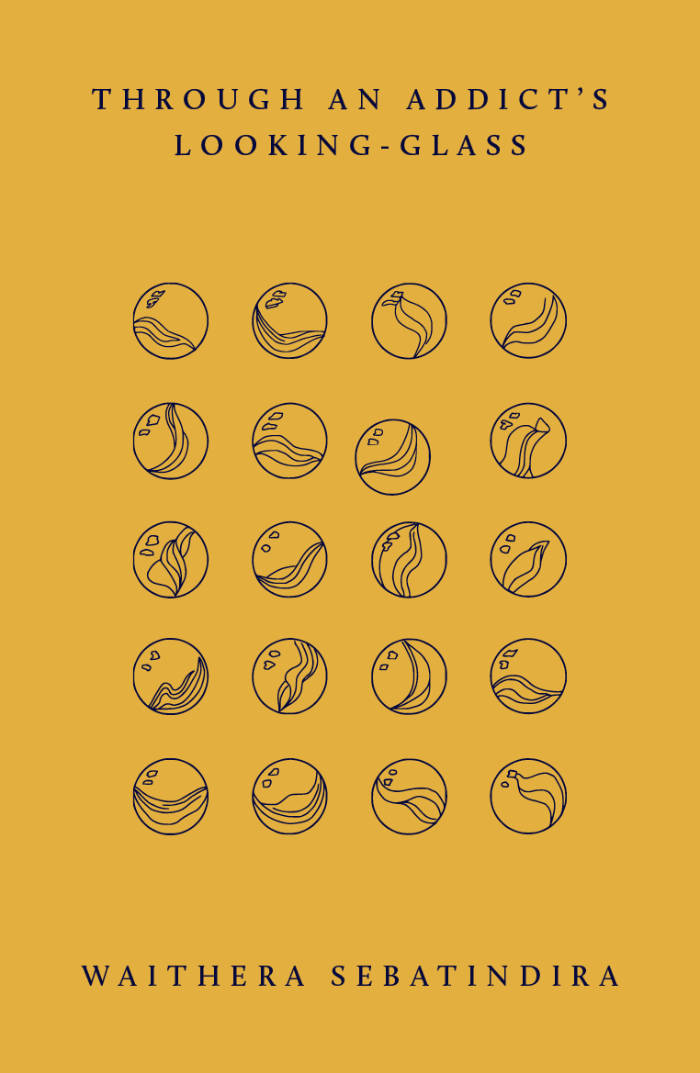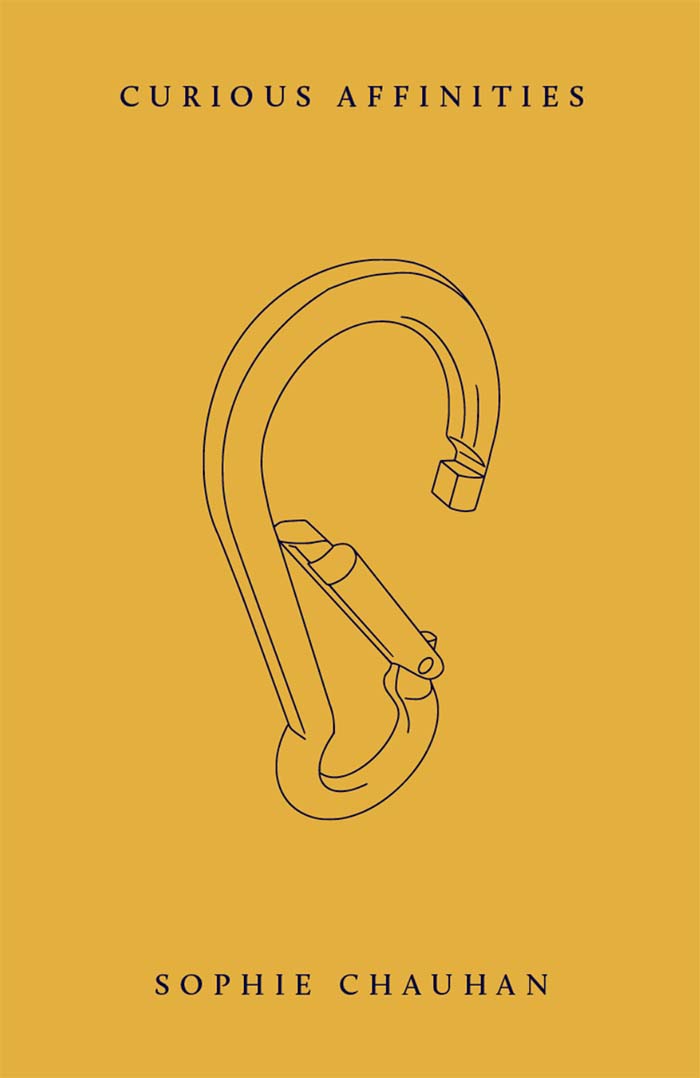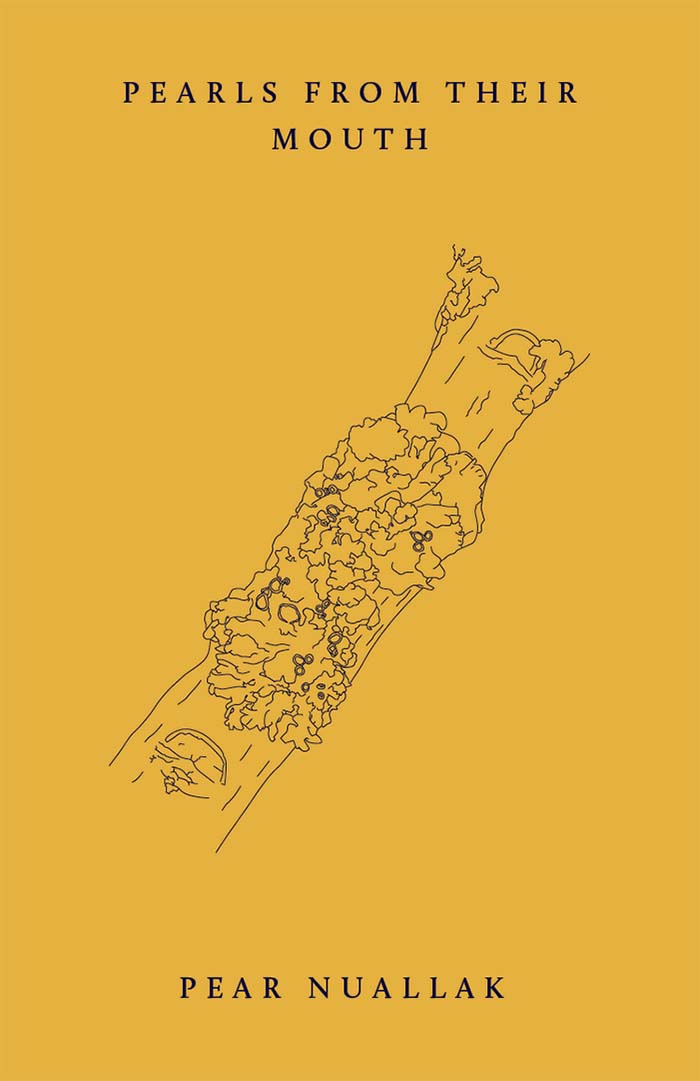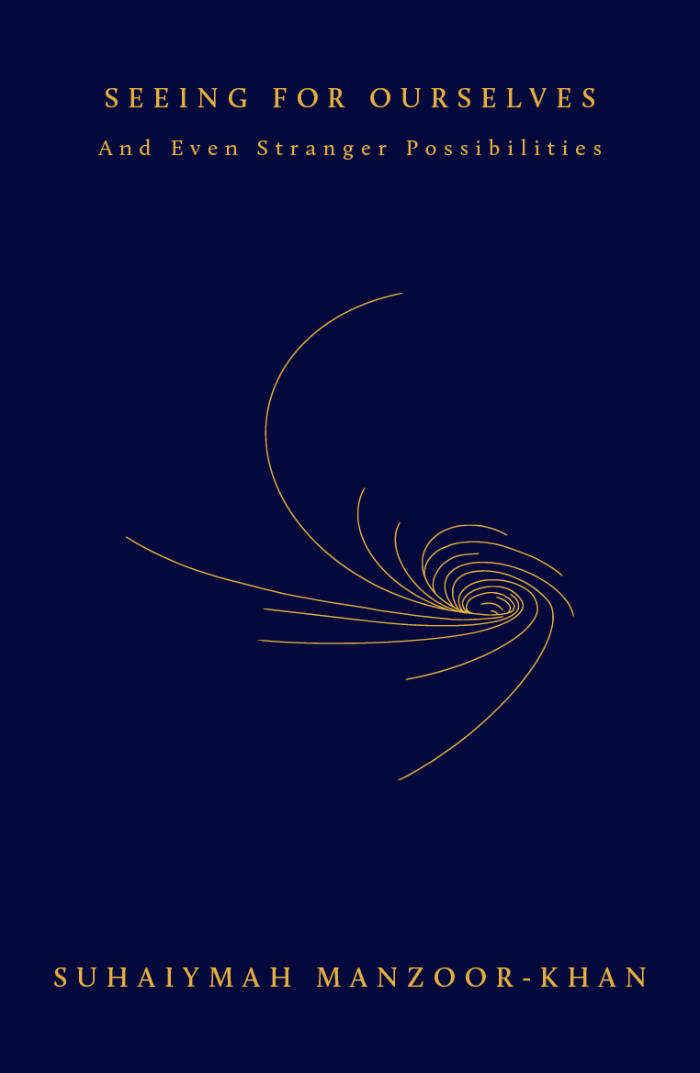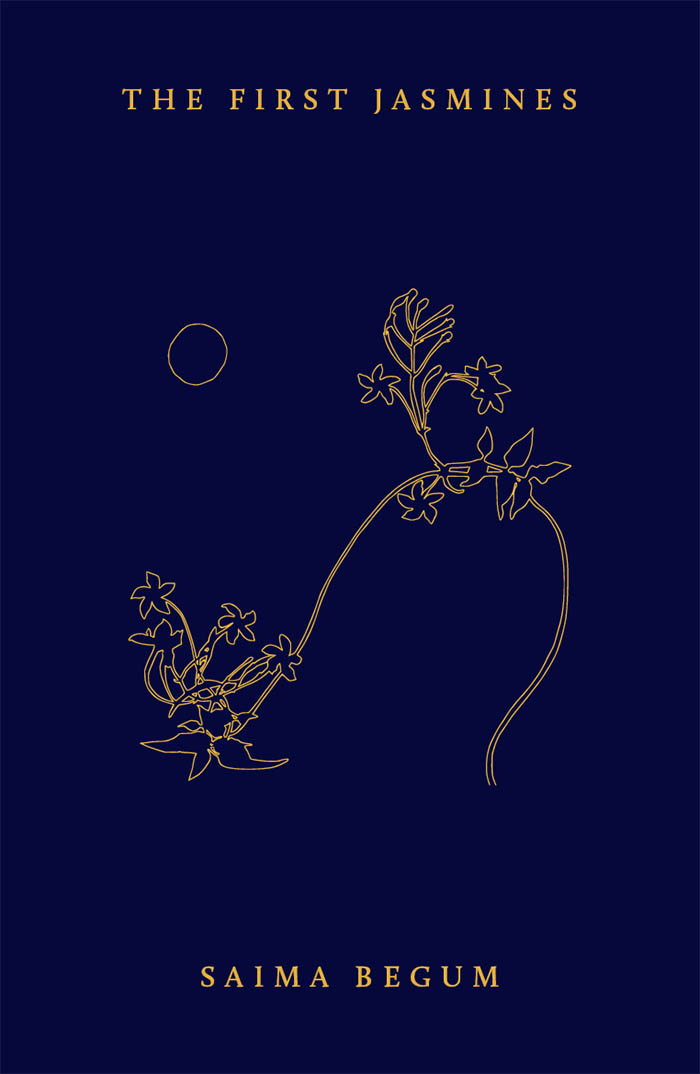
The First Jasmines
East Pakistan, 1971. On their way to visit their mother, two sisters, Lucky and Jamila, are captured by Pakistani soldiers and thrown into a world of horror.
Locked in a room in an unknown village-turned-camp by the river, the women look through a lone barred window onto white jasmines blooming day and night. Meanwhile, around the camp, deadly guerrilla fighters from the Bengali Mukti Bahini gather to take back territory from the Pakistan Army.
As Bangladesh crowns painfully into the world, Lucky and Jamila must choose between heartbreak and secrecy to return from an unspoken violence.
Saima Begum is a British-Bangladeshi writer based in North London. She won the MFest Short Story Competition in 2021. The First Jasmines is her first novel.
